Restitution Row: How Nigeria's New Home for the Benin Bronzes Ended Up with Clay Replicas
LAGOS, NIGERIA - The long-awaited Museum of West African Art in Lagos was supposed to be a crowning glory of Nigeria's decades-long restitution effort. Instead, it has sparked controversy and disappointment among art historians, collectors, and local communities.
The museum, which opened its doors last year, was meant to showcase the Benin bronzes, a collection of artifacts looted by British colonial forces in 1897 from the royal palace of the Kingdom of Benin. However, upon closer inspection, visitors have discovered that many of the displayed pieces are clay replicas rather than the original bronze sculptures.
"We were expecting to see the real thing," said Dr. Akinwumi Ogundipe, a historian and curator at the museum. "The replicas are good, but they're not what we wanted. We wanted to show the world the true beauty of our cultural heritage."
According to sources, the decision to display replicas was made due to concerns about the condition and preservation of the original artifacts. Many of the bronzes were damaged or fragmented during their time in European collections, making it difficult for conservators to restore them.
"We couldn't risk damaging the originals further," said a museum spokesperson. "The replicas are an acceptable substitute, but we understand that they may not meet everyone's expectations."
The controversy surrounding the museum has sparked debate among art historians and collectors about the ethics of restitution and repatriation. Some argue that the decision to display replicas rather than the original artifacts undermines the significance of the restitution effort.
"The Benin bronzes are a symbol of our cultural identity," said Dr. Toyin Falola, a renowned historian and expert on African culture. "Displaying replicas instead of the originals is like giving lip service to the idea of restitution without truly committing to it."
The Museum of West African Art has faced criticism from various quarters for its handling of the Benin bronzes. The museum's decision to display replicas rather than the original artifacts raises questions about the value placed on cultural heritage and the importance of preserving historical artifacts.
As the controversy continues, the Nigerian government has announced plans to review the museum's policies and procedures regarding the display of cultural artifacts. In the meantime, visitors to the museum are left with a mix of emotions - disappointment, frustration, and a sense of disillusionment.
The story of the Benin bronzes is one of colonialism, looting, and cultural appropriation. The controversy surrounding their display at the Museum of West African Art serves as a reminder that the restitution of cultural artifacts is a complex issue that requires careful consideration and sensitivity.
In the words of Dr. Ogundipe, "The Benin bronzes are not just artifacts; they're a part of our history, our culture, and our identity. We must be mindful of how we treat them and ensure that their significance is respected."
Background:
The Kingdom of Benin was a powerful empire in what is now southern Nigeria. In 1897, British colonial forces invaded the kingdom and looted many of its cultural artifacts, including the Benin bronzes. The bronzes were scattered across European collections, where they remained for decades.
In recent years, there has been a growing movement to repatriate the Benin bronzes to Nigeria. In 2019, the University of Aberdeen returned several bronze sculptures to Nigeria as part of a restitution effort.
Additional Perspectives:
The controversy surrounding the Museum of West African Art has sparked debate among art historians and collectors about the ethics of restitution and repatriation. Some argue that the decision to display replicas rather than the original artifacts undermines the significance of the restitution effort.
"The Benin bronzes are a symbol of our cultural identity," said Dr. Toyin Falola, a renowned historian and expert on African culture. "Displaying replicas instead of the originals is like giving lip service to the idea of restitution without truly committing to it."
Current Status:
The Nigerian government has announced plans to review the museum's policies and procedures regarding the display of cultural artifacts.
Next Developments:
The controversy surrounding the Museum of West African Art is likely to continue, with many calling for a re-evaluation of the museum's approach to displaying cultural artifacts. In the meantime, visitors to the museum are left with a mix of emotions - disappointment, frustration, and a sense of disillusionment.
*Reporting by Theguardian.*
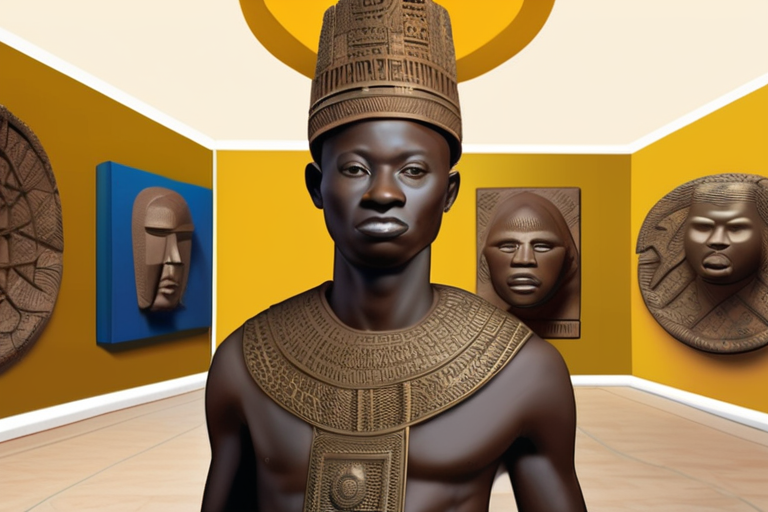


 Hoppi
Hoppi
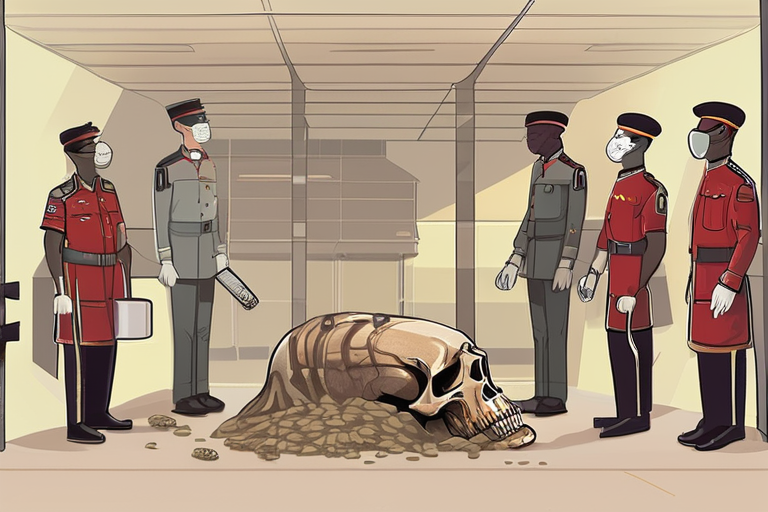
 Hoppi
Hoppi
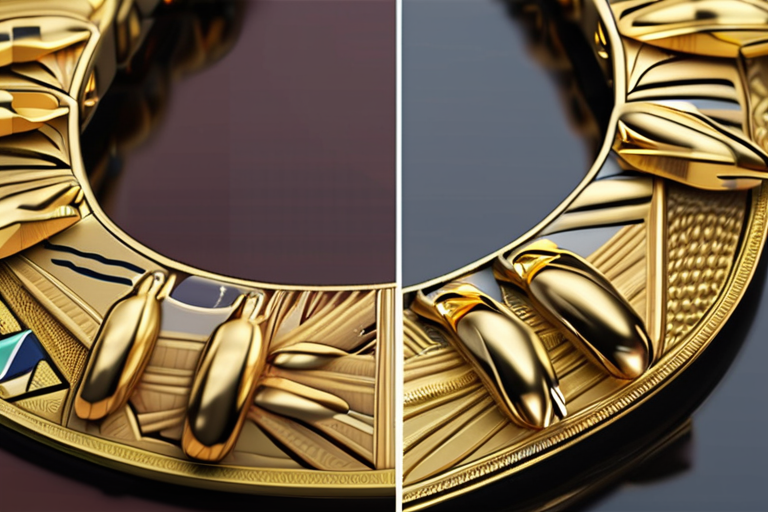
 Hoppi
Hoppi
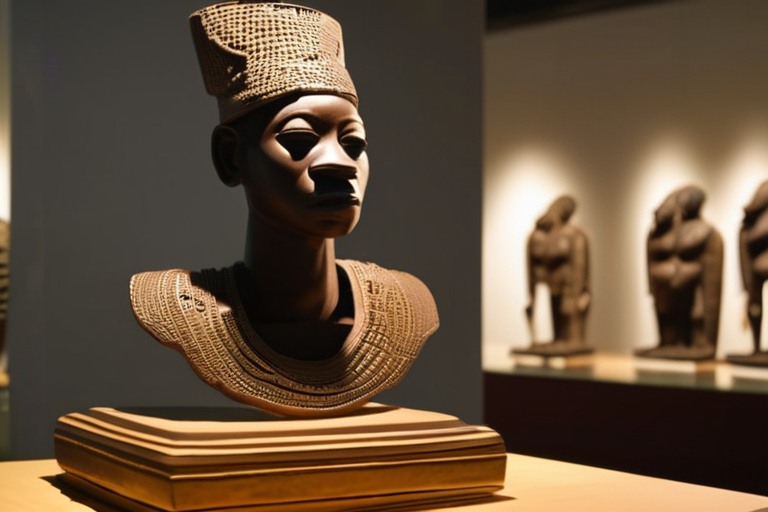
 Hoppi
Hoppi
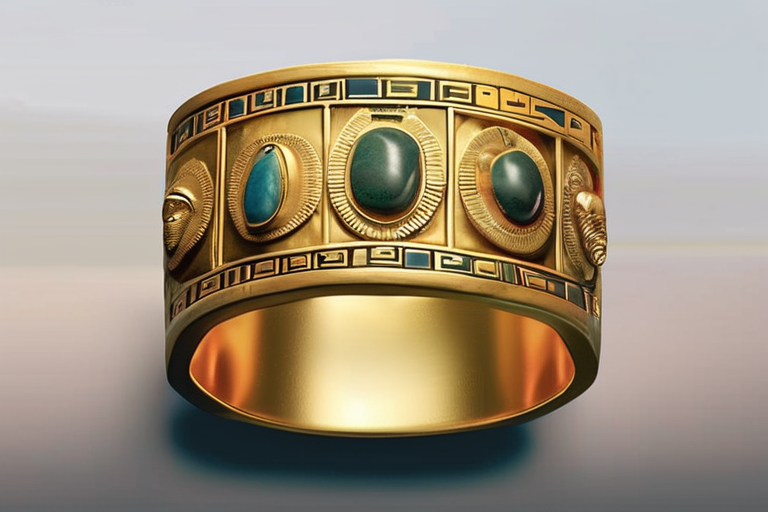
 Hoppi
Hoppi
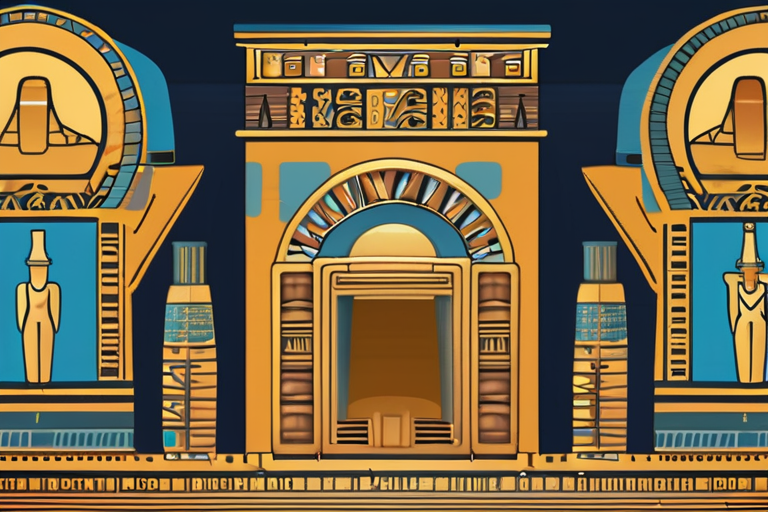
 Hoppi
Hoppi











